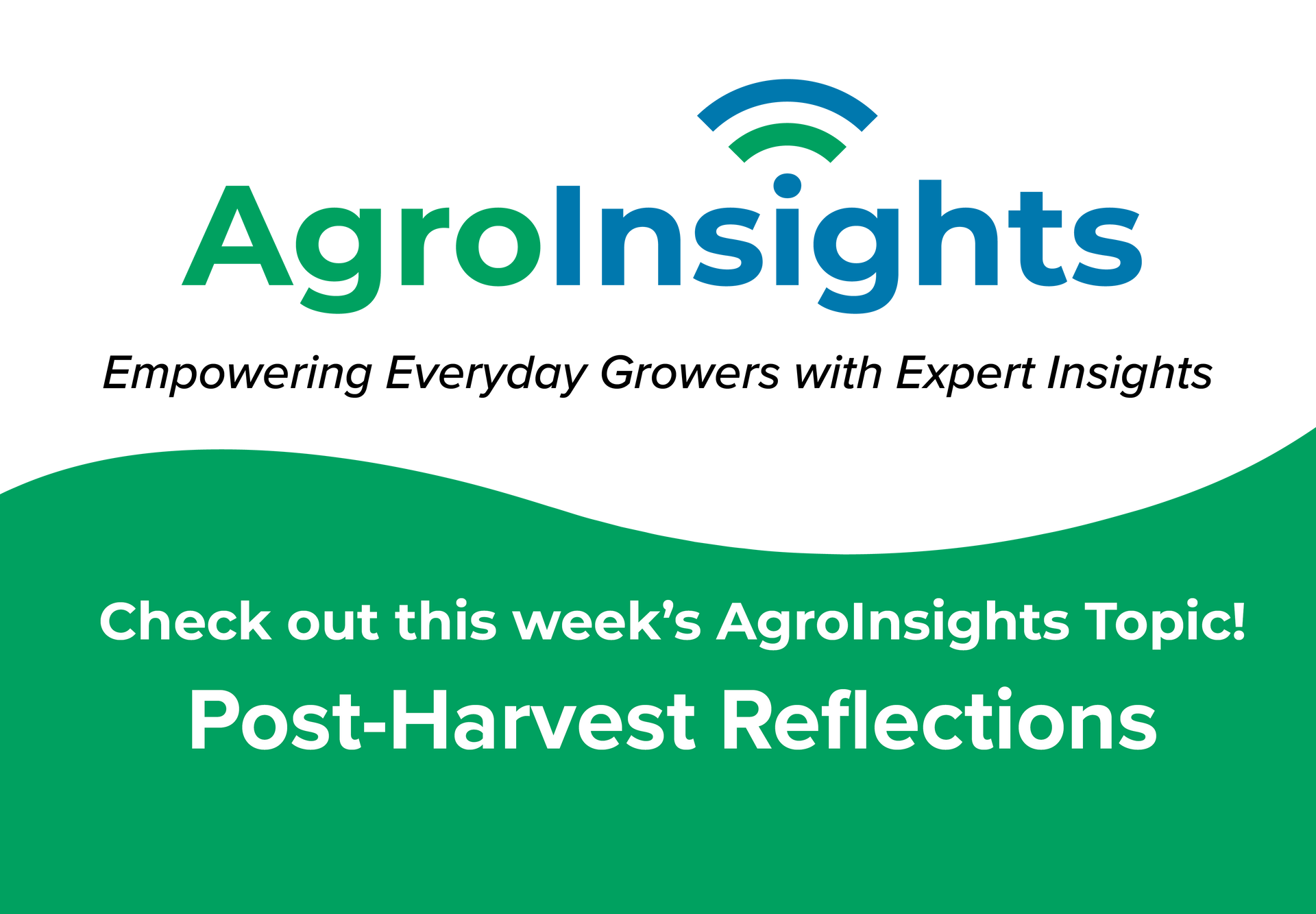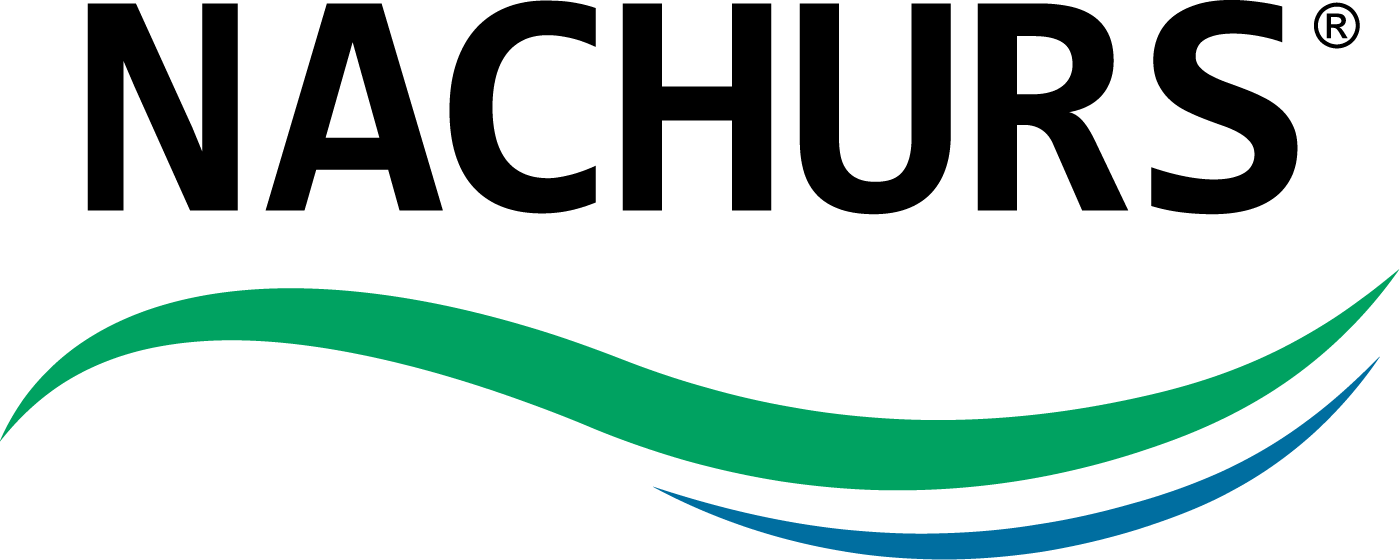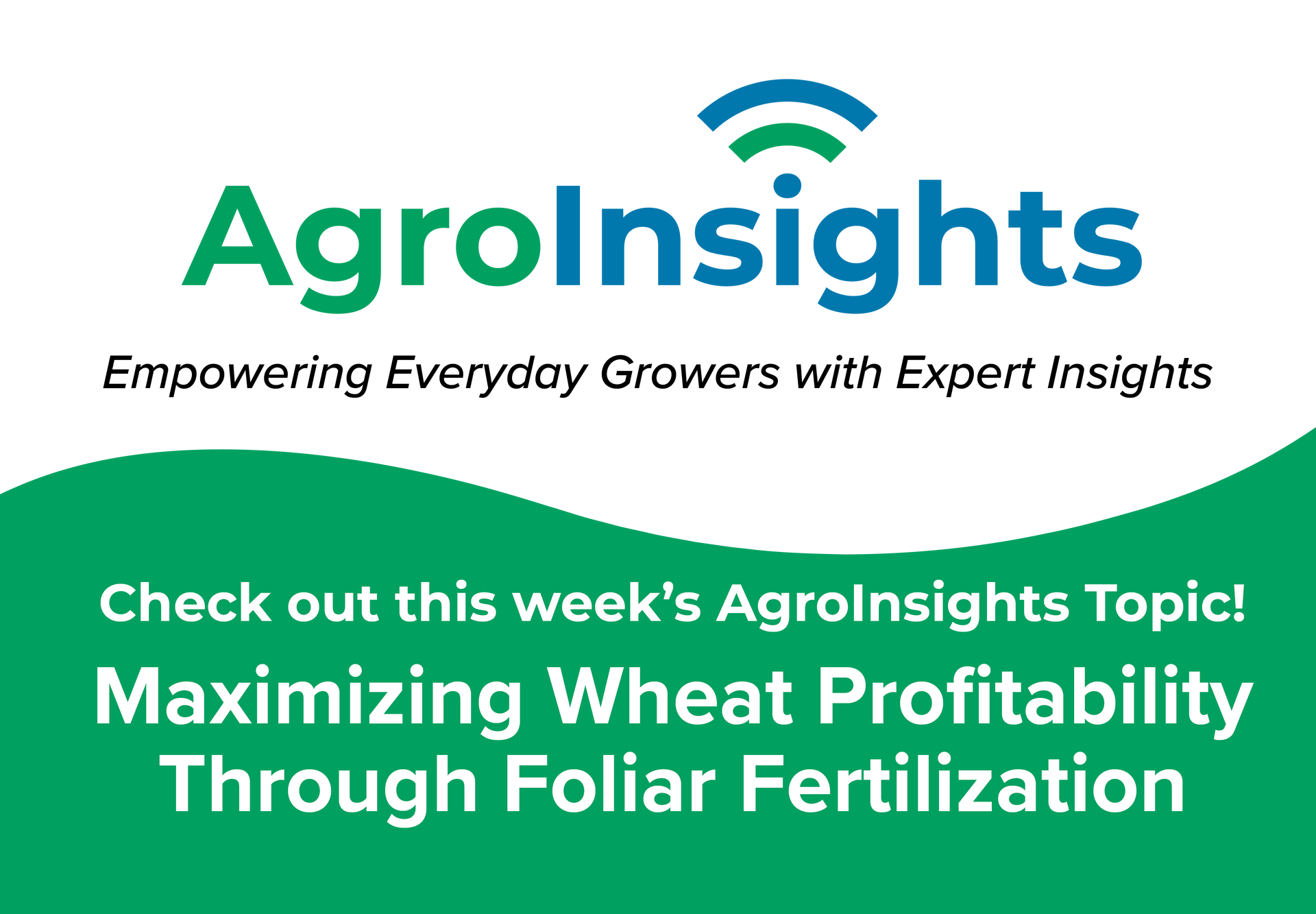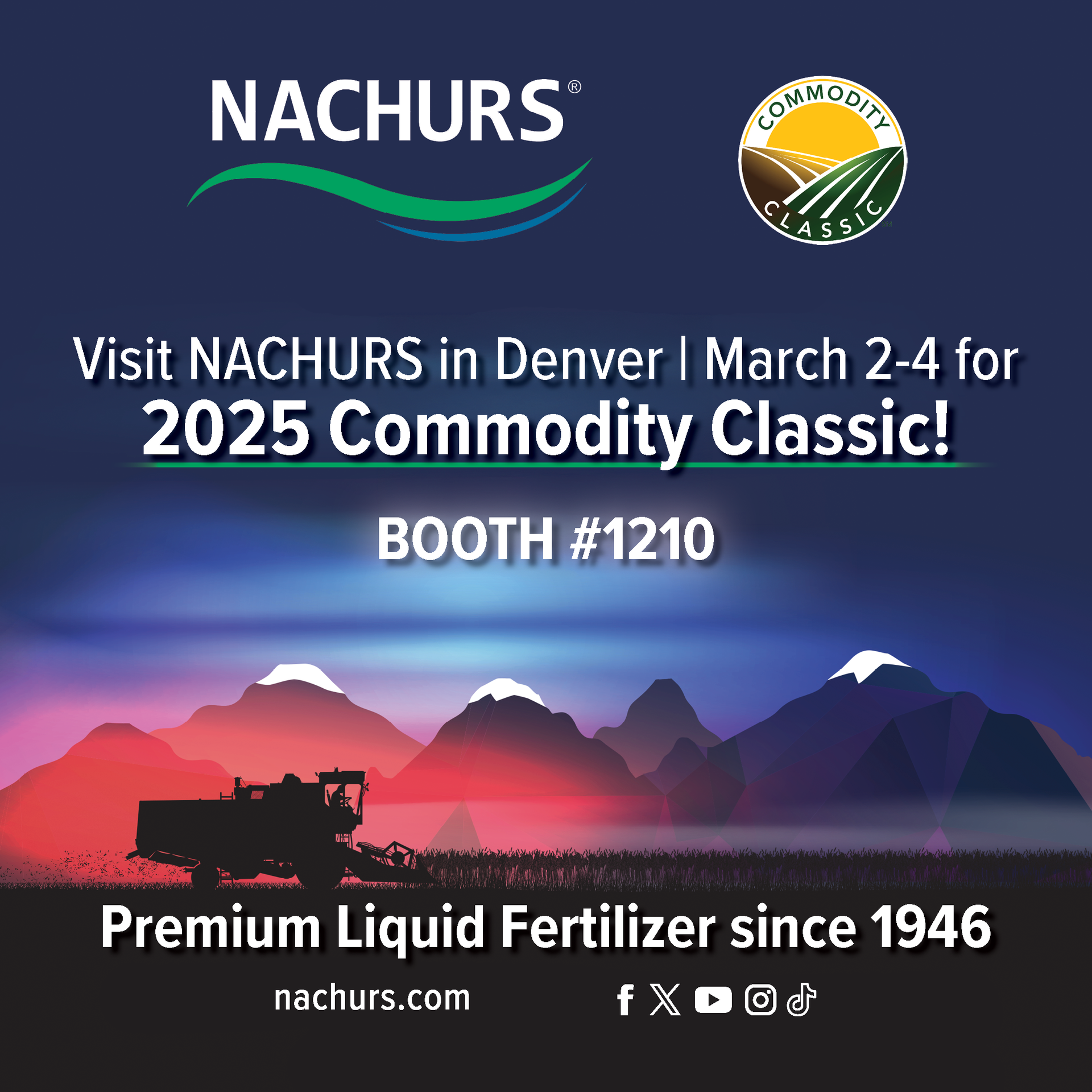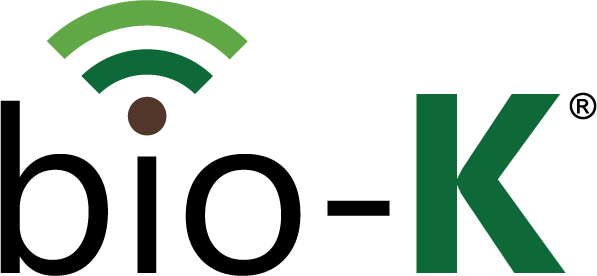I have a cool job
I have been privileged, in my lifelong field of agriculture, to experience and learn about various farming cultural practices throughout most of the US. While all of us are pretty familiar with the big 3 (wheat, corn, and soybean) my 30+ years in the business includes working with and learning about a host of other crops including: vegetables, cotton, citrus, canola, tobacco, peanuts, and many more. Recently I was invited to provide support and consultation to a large international customer in the Czech Republic. I spent a week working with their sales staff and agronomists as they try to improve their cultivation and fertility management initiatives with their primary field crops of wheat, canola, and corn. The experience was quite memorable and I thought worth sharing. ADW is a 15 year old holding company in the T?ebí? region in SE Czech Republic. Of the many segments of their operation, ADW Agro is the actual farm side of the business which includes the farming of many thousand hectares in the region, including dairy, silage, grain, pork, and beef cattle. ADW Agro also provides much needed professional ag services to producers in the region and throughout Europe. My time with them was spent primarily on plant and soil fertility, soil and plant health, soil testing and precision ag subjects. They manufacture a fertility product called digestate that is built from silage and manure residue for deep tillage (strip till). In one planting pass of the corn planter, digestate is placed 8 – 10 cm deep under the seed furrow, dry fertilizer is place 2x2, and a starter fertilizer is place in furrow. They have various fertility field trials under way to determine the best combination that yields the greatest results. I could write a very long epistle about their operation but will save some of the details for another day. In summary, the Czech Republic has to be one of the most beautiful places on earth. Wheat, rye, and canola grow 6’ tall and virtually disease free. Silage is such a large part of their complete operation, most farming practices are centered along that crop. Take a look at some of the photos I captured and you will likely agree with me that, while they can and want to learn from US agricultural practices, the American farmer, can too, learn from their farming practices. Classroom Training Lead agronomist Marteen in NACHURS trial NACHURS P-Focus on right UTC on left 6’ tall canola with NACHURS PK-Focus in furrow Large wheat head will be harvested in late July early August Late June rye silage harvest Technology center in agronomy headquarters Agronomy staff of ADW Agro Typical landscape of SE Czech Republic Harvested rye silage field and beautiful Czech countryside Strip till, 2x2, in furrow corn planter -Keith Flaniken, Southern US Sales Agronomist
I have been privileged, in my lifelong field of agriculture, to experience and learn about various farming cultural practices throughout most of the US. While all of us are pretty familiar with the big 3 (wheat, corn, and soybean) my 30+ years in the business includes working with and learning about a host of other crops including: vegetables, cotton, citrus, canola, tobacco, peanuts, and many more.
Recently I was invited to provide support and consultation to a large international customer in the Czech Republic. I spent a week working with their sales staff and agronomists as they try to improve their cultivation and fertility management initiatives with their primary field crops of wheat, canola, and corn. The experience was quite memorable and I thought worth sharing.
ADW is a 15 year old holding company in the T?ebí? region in SE Czech Republic. Of the many segments of their operation, ADW Agro is the actual farm side of the business which includes the farming of many thousand hectares in the region, including dairy, silage, grain, pork, and beef cattle. ADW Agro also provides much needed professional ag services to producers in the region and throughout Europe.
My time with them was spent primarily on plant and soil fertility, soil and plant health, soil testing and precision ag subjects. They manufacture a fertility product called digestate that is built from silage and manure residue for deep tillage (strip till). In one planting pass of the corn planter, digestate is placed 8 – 10 cm deep under the seed furrow, dry fertilizer is place 2x2, and a starter fertilizer is place in furrow. They have various fertility field trials under way to determine the best combination that yields the greatest results.
I could write a very long epistle about their operation but will save some of the details for another day. In summary, the Czech Republic has to be one of the most beautiful places on earth. Wheat, rye, and canola grow 6’ tall and virtually disease free. Silage is such a large part of their complete operation, most farming practices are centered along that crop. Take a look at some of the photos I captured and you will likely agree with me that, while they can and want to learn from US agricultural practices, the American farmer, can too, learn from their farming practices.
| |
|
| |
|
| |
|
| |
|
| |
|
| Strip till, 2x2, in furrow corn planter |
|
